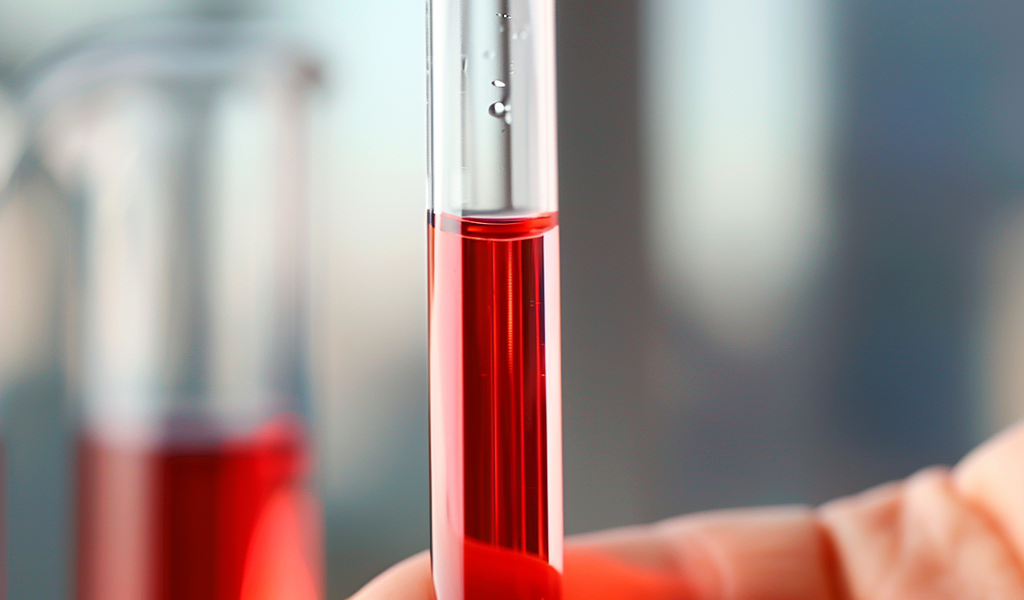University of Zurich: Novel Blood Test Improves Cancer Treatment Strategies
The University of Zurich (UZH) and the University Hospital Zurich (USZ) have made significant progress in cancer treatment strategies with the development of a novel blood test. Early detection of cancer plays a crucial role in successful treatment outcomes, and the new method offers a less invasive and more practical approach to monitoring and assessing treatment effectiveness.
Traditionally, oncologists rely on imaging technology and invasive procedures like tissue biopsies for assessing cancer progression and treatment response. However, the innovative liquid biopsy method developed by researchers at UZH and USZ analyzes DNA fragments in the bloodstream, providing valuable insights into tumor activity and spread.
Zsolt Balázs, co-first author of the study at the UZH Department of Quantitative Biomedicine, highlights the versatility of the new method. It can be utilized for risk assessments, treatment monitoring, and early detection of cancer recurrence across various types of tumors. Unlike tissue biopsies, blood samples are less invasive, faster to obtain, and require fewer diagnostic appointments, ultimately improving the patient experience.
By analyzing gene fragments in the blood for specific DNA changes associated with different cancer types, the liquid biopsy technique allows oncologists to tailor treatment plans to individual patients. This personalized approach enables healthcare providers to assess treatment responses more accurately and make timely adjustments to improve outcomes.
Professor Panagiotis Balermpas from the Department of Radiation Oncology at USZ emphasizes the potential of liquid biopsies in distinguishing between aggressive and less aggressive metastatic cancer earlier than traditional imaging methods. This early detection can significantly impact treatment decisions and patient outcomes.
Overall, the focus on patients’ quality of life is paramount in the development of new cancer treatment strategies. The innovative blood test not only enhances the precision of cancer monitoring and treatment but also streamlines the healthcare process, offering patients a more efficient and less intrusive experience.





